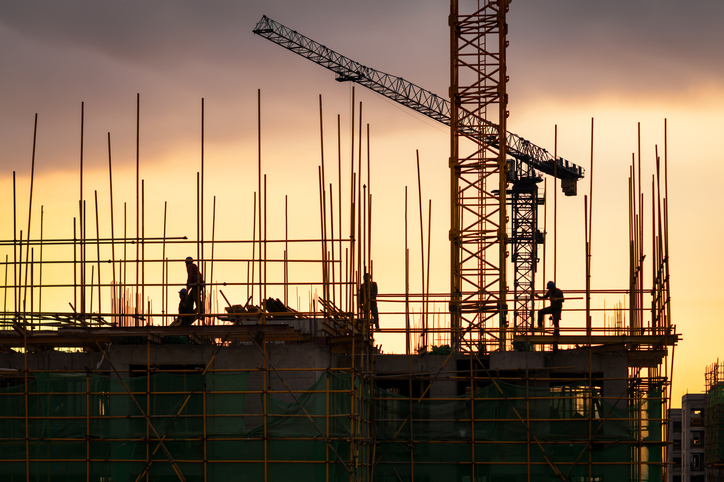- Construction cost will be more expensive as imported building materials will now cost more due to the weakening shilling.
- Other costs related to the real estate industry are also expected to increase due to increased inflation.
- Final cost of houses will be affected by the increased product and service cost leading to higher rental rates and selling prices.
Over the last three years, the dollar has gained significant value over the Kenyan shilling. The US dollar’s value increased from Ksh. 101 in January 2020 to Ksh. 124 in January 2023. This resulted in the devaluation of the Kenyan shilling and the unexpected soaring of prices of raw materials.
“Most commercial banks in the country have dollars. What’s happening is that those dollars are not being released to the market,” according to Treasury Principal Secretary (PS) Dr. Chris Kiptoo. This has, in turn, led to a sharp increase in the dollar price.

The situation has exacerbated, and the dollar is currently trading for Ksh 140. This surge has affected the price of consumer goods and other sectors, such as the real estate market.
READ ALSO: 2022 Real Estate Trends and What to Anticipate in 2023
Table of Contents
How the US Dollar Strength Has Impacted Kenya’s Real Estate Market
The recent weakening of the Kenyan shilling has affected inflation rate and the cost of imports coming into the country. Imported goods are now more expensive as importers have to pay more for goods to match the dollar prices.
Due to the increased inflation, there is a definite trickle-down side effect of the currency weakening. Here are the effects of the weakening Kenya shilling:
Higher construction cost
Inflation directly affects the price of construction items making the cost of property development much higher. This will, in turn, lead to an increase in the overall construction cost.
Imported goods will now cost more because of the dollar gains. And the cost of local products will increase because of inflation and the cost of any imported raw materials that may be required to make the local product.

Higher loan interests
Banks have a history of increasing interest on loans when the Ksh weakens to mitigate against risks. They will also be less likely to give loans if they are focused on reducing their underwritings.
As a result, developers have no option but to accept the higher interest rates to avoid stalling their projects.
Higher property prices
As a result of the increased interest, developers have to sell or rent their property at a higher price to recoup their investment and to be able to pay back the loan interest and principal.
Additionally, higher loan interests mean less property development, leading to more demand for the property in the market. This increased demand will also lead to an increase in property prices.
READ ALSO: Capital Gains Now at 15%: What it Means For Property Sellers
Higher service costs
Labor costs will increase, as will complimentary costs related to construction, such as the cost of delivery, waste removal, and professional fees such as architectural fees, clerks of works, engineers, etc.



